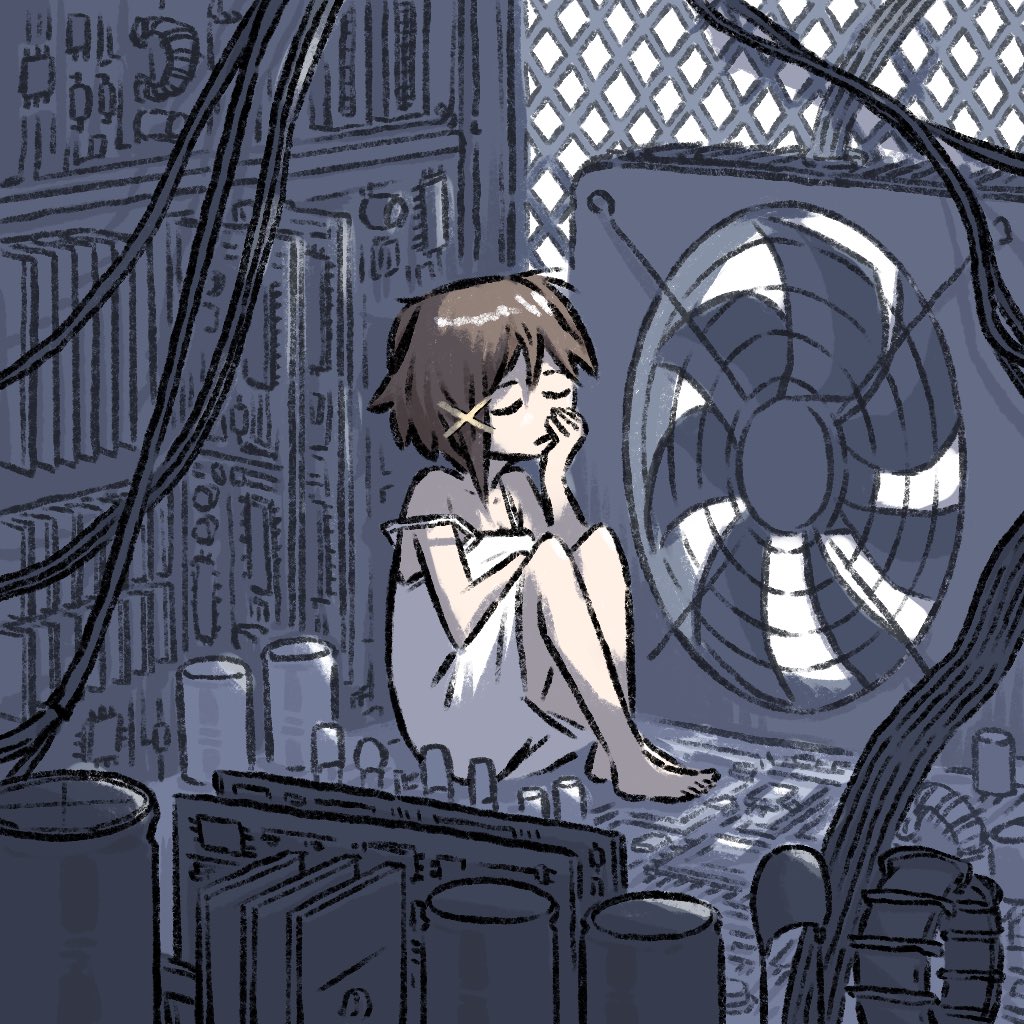I recently made a post discussing my move to Linux on Fedora, and it’s been going great. But today I think I have now become truly part of this community. I ran a command that borked my bootloader and had to do a fresh install. Learned my lesson with modifying the bootloader without first doing thorough investigation lol.
Fortunately I kept my /home on its own partition, so this shouldn’t be too bad to get back up and running as desired.
I ran a command that borked my bootloader and had to do a fresh install.
Just wait until you learn the powers of chroot :)
Few days ago I downgraded glibc(I’m dumdum) because it was recommended in a reddit thread for a problem I was having. I couldn’t even chroot. Fortunately I could update with pacman --root
One of us, one of us. I did the same only 2-3 hours into my first ever Linux install.
I feel your pain :P
I’m almost done getting everything back, I think!How long until you start doing backups? 😂
Edit: Took me some years btw
I was trying to set up snapper, so sorta on my way there lol
Borked your bootloader already? You’re a true Linux user lol. You’ll eventually learn to not do that (and back up regularly).
Good choice with Fedora! I love dnf and the choices Fedora makes overall.
Timeshift for backups is a godsend in these situations
borked my bootloader and had to do a fresh install
That’s where you’re wrong :)
You’re right. I spent a few hours trying to fix it before giving up and determined that reinstalling would be quicker lol
Before you can fix a bootloader, you first need to learn how to install and set up a bootloader. I think most people learn that part when they try Arch
Do it with Debian Unstable
deleted by creator
Congratulations soldier! You’re one of us now.
Friendo, I think once you understand exactly what an OS is, you’ll have fewer problems. An OS is just a layer on top of hardware with a lot of scripts and tools that enable that hardware to do things like move files, show graphics, and send audio in a desktop environment. Never issue a root or sudo command unless you understand exactly what it’s doing. Following this one simple rule will save you a lot of trouble, same as any Windows machine.
This is reasonably valid. I think Windows makes it a bit harder to do real damage to your system, so I’m used to that. I also have borked installs in VMs before, but that’s never mattered because spinning up a new one takes no time. Definitely a valuable lesson to do more research before running commands, especially as sudo
And a lot of configuration, or so I thought? I’m investing heavily but I’m scared for my investments :-)
Another Linux noob here, after a couple of Linux servers (Tenfingers, Lemmy) switched over (finally) my main PC, or well kids got the gaming machine and I’m on a Mint ThinkPad now :-) and a backup think centre tiny if the Lemmy server bails out.
I have this little windows box to print stuff (I didn’t know I hated printers) and every time I use it I’m so happy I don’t need windows in my personal life anymore…
Cheers and welcome OP!
This comment isn’t making any sense to me, but good on ya?
Except that I’m jumping ship to Linux fully, I’m thinking a lot about hardware failure, not the data but say the mobo, so maybe that’s curious. Seemed you were knowledgeable about those things, or I’m explaining very badly.
Cheers
I’ve messed up my system so many times over the years that now I think I secretly get excited when it accidentally happens. Maybe I’m a masochist, but I actually enjoy trying to understand what went wrong. A USB stick with a light weight Linux distro and chroot you can usually get back in there and look around at the damage.
I think you may need help… I bid you good luck on your recovery :P
When you get more advanced you can use a distro like System Rescue to fix your bootloader instead of having to reinstall everything
I love the enthusiasm. Enjoy your journey. Feel free to reach out to me directly if you need help.
Thank you for the offer. I hope I never need to take advantage of it lol
Good luck. 🤣
I’m on fedora silverblue and that won’t ever happen again to me
Still possible to break your bootloader.
One of us! One of us!
Although I think having to fix a borked bootloader is a good bit of experience, it’s probably not something you are always going to want to spend time on. I have used boot-repair only once, but it was like magic. Just throwing it out there for your future use and a general recommendation. :)
Trial-and-error is a beautiful thing, isn’t it?
t. Had to reinstall GNU/Linux several times through the course of months while trying new stuff and/or trying to improve the current ones.
Keeping
/homeseparate is a good call. I can also recommend backups to a different system. Also test those backups.Playing with things can be fun if that is what you enjoy. Being careful is good but the best way to avoid serious issues is being able to recover from the worst case.
Why do you advocate for keeping /home separate?
I personally don’t do it because the more partitions you have, the more often you need to fiddle around in GParted when one partition gets full. This is also why I use swap files instead of swap partitions
As far as I can tell, unless you distro-hop, separating /home doesn’t have any advantages. Even then, sharing one /home directory between multiple desktop environments can cause some problems
I agree with making and testing backups, though. My current strategy is to back everything up to a 4.2 TiB ZFS pool with daily snapshots on my LAN, and back up the most important data on that to the cloud
I don’t think it is critical to keep
/homeseparate but if you need to reinstall it is really nice. You can reset the OS without touching your data or user-level configs. Either for the same distro because you fiddled around and broke it or another one for distro-hopping. It also makes encrypting it easy, although full-disk encryption is getting so easy that it probably isn’t an issue. Good backups also mitigate this, although the recovery will be slower than just reinstalling while leaving your existing home there.To be honest I don’t actually keep home separate anymore. But that is mostly because I trust NixOS enough that I know I will never need to reinstall. I can always roll back or worst case install over top of the existing install from a live USB.
Overall I would say that the cost of doing so is fairly small as well. Unless you are running a lot of system services data outside of
/homeis usually fairly limited. Although I agree that getting the partition sizes wrong can be frustrating.deleted by creator







